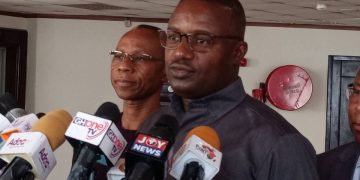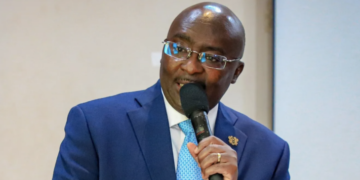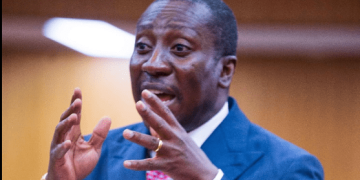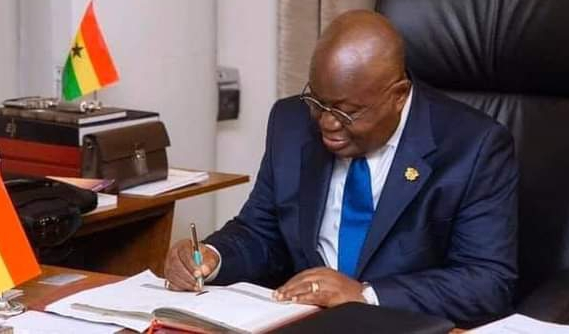President Akufo-Addo has expressed confidence in Ghana’s economic recovery, highlighting positive indicators and ongoing reforms aimed at stabilising the economy.
He said his administration had implemented measures to address challenges and stimulate growth, emphasizing that the gains made under Ghana’s economic recovery programme would bolster investor confidence and support economic resilience.
In an interview with ‘France 24’, the President emphasized that an economic rebound was achievable, particularly following Ghana’s recent securing of a US$3 billion bailout loan from the International Monetary Fund (IMF).
He said that his administration was committed to leveraging that support to stabilize the economy and drive recovery efforts, noting, “Ghana’s economy is now back to where it was before the crisis.”
The government insists that the country has turned a corner, citing a decline in inflation to 23.2 percent in December 2023, down from 54.2 percent in December 2022.
Additionally, the Cedi demonstrated robust performance, with a marginal depreciation of 7.2 percent between February and December 2023, compared to a sharper decline of 28.4 percent during the same period in 2022.
The country also recorded an overall real Gross Domestic Product (GDP) growth of 2.8 percent in the first three quarters of 2023, surpassing the initial GDP growth target of 1.5 percent for the year.
Regarding Ghana’s agreement with its official creditors under the G20 Common Framework, President Akufo-Addo described the development as a testament to the confidence those creditors had in the economy.
He noted that about US$13 billion in debt had been restructured due to the agreement, stressing that an additional US$4.3 billion in savings on interest payments would also be realised during the period.
“So, altogether, we are talking about savings to the Ghanaian exchequer of something in the region of US$10 billion. That is a significant amount of money,” he told the international media network.
The President expressed gratitude for the support and cooperation of Ghana’s official creditors in reaching the agreement, saying that it reflected a shared commitment to restoring debt sustainability in alignment with the IMF programme targets.
He said the government was confident that the debt treatment, which provides significant financial relief during the programme period, would enable the allocation of additional resources towards critical public investments.
This includes essential sectors such as healthcare, education, and infrastructure development, aimed at enhancing the overall well-being of the population and driving economic growth.
GNA



















































































